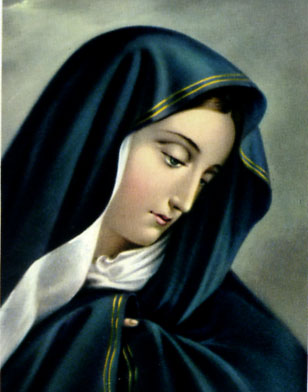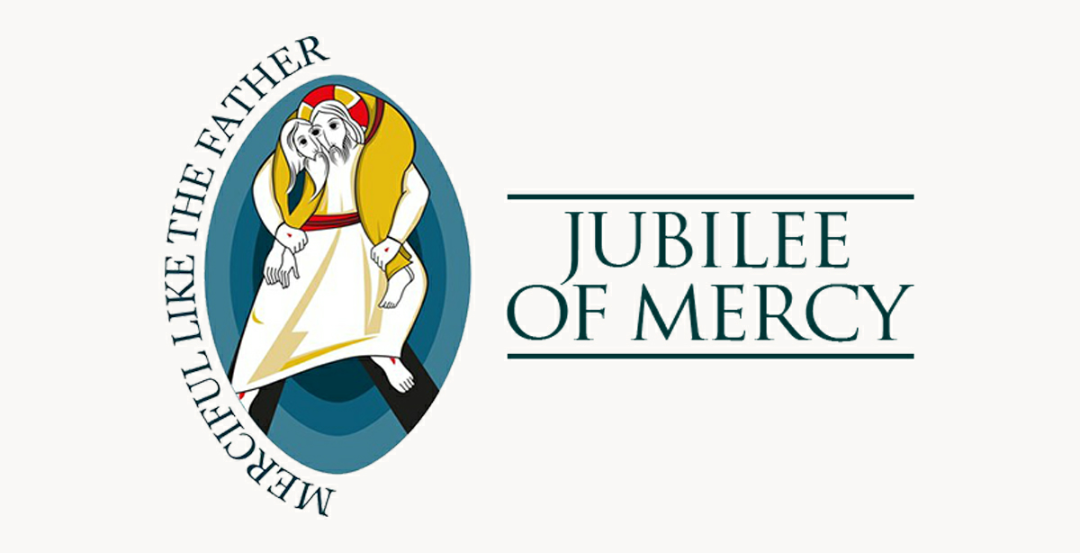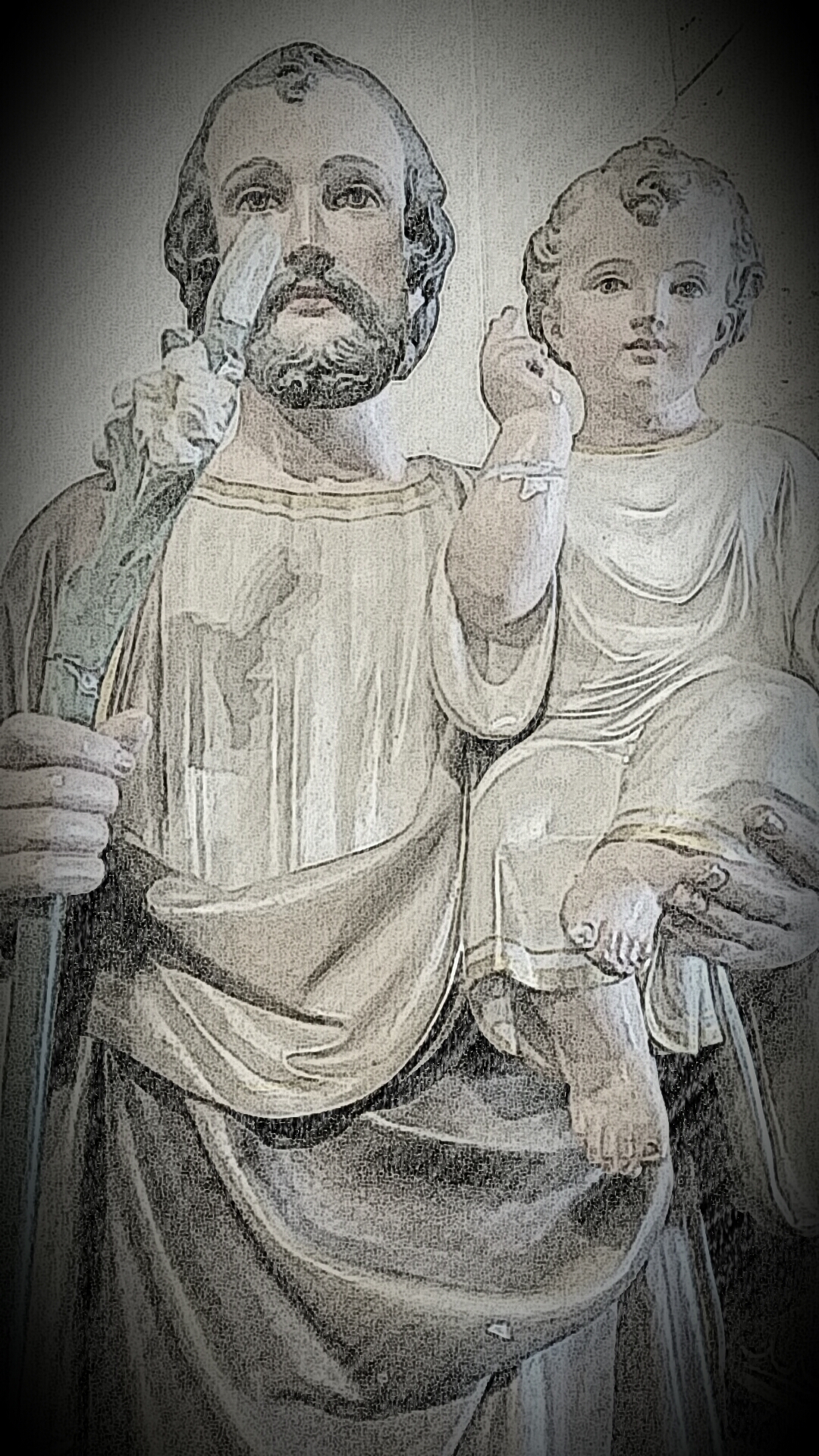As we move through the Boston diocese’s Year of the Eucharist, one of the things I’ve been doing is sharing quotes on a weekly basis about the history and nature of the Eucharist. These #TuesdaysAtTheTable tidbits have been taken from Christian Sacraments & Christian Personality, a wonderful book on the Sacraments written by pivotal American theologian Bernard J. Cooke and published towards the end of the Second Vatican Council (1965). As I look forward to starting a new set of quotes from a new book next week (seeing as the Year has been extended into 2022), I thought I’d share some of my favorite quotes form the last year.
– – – – – – – – – –
“Since a sacrament is distinguished from other human actions by the fact that it produces its effect by meaning or signifying something, it is important that we study the meaning of the last supper. The nature of Christian liturgical life, the nature of the Church and the nature of salvation itself are dependent upon the significance Christ and his apostles attached to the external ceremonies and words of the supper event.”
“At the last supper, as they were gathered together with Jesus, the apostles were conscious of all [the] Jewish meanings of the Passover celebration. Christ’s own awareness went far beyond theirs. He saw all the historical significance of the dinner. He also knew that this was the beginning of the new Exodus, and that his presence with the apostles was the fulfillment of the idea of God’s dwelling, for he was God, living among men.”
“Moses, after taking the blood of the victim and sprinkling it on the people, said, ‘Behold the blood of the covenant which the Lord has made with you in accordance with all these words’ (Ex. 24:8). …The parallel between Christ’s words at the supper and those spoken by Moses at Sinai indicates that the last supper is the establishing of the new covenant in an act of sacrifice.”
“[T[he words of Jesus when he speaks of his blood–‘This is the blood of my covenant, which is poured out for many’ (Mk. 14:34; cf. Mt. 26:28)–point to the ritual use of blood in the sacrifices of the Jerusalem temple. In the Septuagint, the Greek word used for ‘pour out’ is the technical word for the pouring of the sacrificial blood upon the altar of the temple. …From beginning to end the last supper is a sacrificial action.”
“If Christ, in the assertions he made during the previous three years and in the extraordinary actions of healing that he performed, was pointing progressively to something which would be his supreme act on behalf of mankind, it certainly would have been anticlimactic had the last supper not been a genuine sacrifice, had Christ not truly given himself under the form of bread and wine.”
“When the gospel account of [the multiplication of the loaves] was written, the early Christian community had already been celebrating the Eucharist for two or three decades. Hence it is not surprising to find the text filled with more or less technical expressions for the Eucharistic liturgy. This very fact points to the insight of the early Christians into the relationship between the episode of the loaves and the [last] supper event.”
“Christ, in offering himself, had that internal attitude which is the heart of sacrificial action. This conclusion is confirmed by St. John’s gospel, which gives us rich insight into Christ’s consciousness at this privileged moment. Christ repeatedly voices gratitude for the task which the Father had given him to do. …Christ was submitting himself in gratitude to his Father, to render supreme worship to him by the sacrificial gift (oblation) of himself in death and resurrection.”
“While it is true that Christ from the first moment of his incarnation accepted the fatherhood of his Father and the role which was his own, the last supper marks the solemn public commitment of himself to the fulfillment of this role. In saying, “This is my body which is given for you” (Lk. 22:19), Christ was dedicating himself through a public cultic act to the work of overcoming evil and restoring mankind.”
“The last supper is essentially a sacrificial action, a preeminently spiritual and personal sacrifice, the total self-giving of Christ in humanity to the mystery of man’;s salvation in conformity with the Father’s will. This sacrifice recapitulates and fulfills the sacrificial liturgy of the Old Testament and of all the natural religions of mankind.”
“Catholic belief in the Mass as Christ’s continuing act of sacrifice is grounded in the mystery of his resurrection. Because he is in this new state, to which he passed in the mysteries of redemption, he is able to abide with his Church and continue his sacrificial action in her midst.”
“Christ in his present state of consciousness is still fundamentally marked by that spirit of self-oblation which characterized his life on earth. It is the same conscious oblation to which he gave solemn expression at the last supper and which continued through his death into resurrection.”
“The last supper does not stand by itself, discrete and separate from what follows. Rather, it marks the first stage of that single event which continues in the death and resurrection of Christ…. Together, they constitute a single movement, from limited bodily existence into that fuller risen life in which he will be able to share himself with the whole of the human race.”
“Christ still offers sacrifice for us. He still accepts willingly the fact that he had to die in order to give himself to men. He still accepts the Father’s mandate that he give himself to men. The very choice of bread as part of the Eucharistic symbolism indicates Christ’s inner desire to share with man the very same life which is his.”
“Christ would not really be offering sacrifice in this world were he doing nothing more than abiding in invisible fashion in his Church. For there to be continuing sacrifice in the true and full sense, Christ’s inner attitude must find sensible expression in the context of human living. Such expression comes through his Church which, as his body, expresses him externally.”
“It is not accidental that the symbols used at Mass are fundamentally the same symbols as those used at the last supper. …In the Mass today, Christ with his Church uses these same symbols to say that he still accepts with full willingness his passage through death into risen life.”
“If the Mass has efficacy as a redeeming sacrifice, it is not essentially because of the external ritual, but because of the underlying attitude of Christ which the ritual expresses. Christ’s human love and knowledge is the redeeming force at the heart of human history.”
“The Eucharist is recollection, commemoration, in a way that is absolutely unique. It is commemoration by way of identification. The Eucharist is the continuing redeeming action of Christ.”
“Strictly speaking, the last supper was not the first Mass. The supper is what is continued by way of commemoration in the Mass. In the Mass, Christ continues his original sacrifice and the Church, sharing now in this sacrifice, offers herself and Christ to the Father.”
“All ancient peoples, Israel included, thought of sacrifice as a means of establishing contact with their divinity, of achieving union with the god who could guarantee their life. In the Eucharist, the Church enters into profound union with Christ and through him with the Father.”
“‘He who has seen me has seen the Father’ (Jn. 14:9). Whatever Christ speaks to us in the Eucharist the Father also speaks, for Christ is literally the Word of the Father.”
“In the Eucharist, the heavenly Father, who gave life to the Israelites through manna and rain and the prophetic word, effectively speaks his life-giving intent by sending the eternal Word to provide life for men through the sacramental sign of bread.” – Christian Sacraments & Christian Personality, Bernard J. Cooke, S.J.
“The Eucharist is the final stage in this progressive unfolding of the Father’s intent to provide men with unending life. It speaks more fully and more effectively than the Old Testament revelation, because it speaks the Father’s own creative Word, Christ.”
“It is impossible to have genuine Christian faith without a personal commitment in love to Christ and to all he stands for. In performing the action of the Mass, the Christian community makes public this commitment to the Lord.”
“[T]he Eucharist is the most important revelation about the Church itself. Unless we understand the Eucharist, we cannot understand the Church, for the Church is most basically the community which performs the Eucharist.”
“What is involved in the Eucharistic presence is this personal fidelity in love to those whom he has made his brethren. Christians not only trust the fact of Christ’s resurrection; they trust this person who is man and risen for their sake.”
“Without an awareness of the Eucharist, without sincere participation in it, it is impossible for a Christian to develop adequately the divine life of grace planted in him at his Baptism.”
“[T]he action of the Eucharist plays a privileged role. It, and it alone, bears the entirety of Christian revelation; for it alone is the mystery of the redeeming Christ. Any other speaking about the mystery of Christ must be done in human words.”
“Had he wished merely to make himself present to a certain place or places, he could have chosen any physical element and changed it into himself. He purposely took food and drink so that the external aspects…which signify the presence of a life-sustaining reality could point to the Eucharistic presence of Christ himself as a life-sustaining reality.”
“All Christian apostolate is grounded in the Eucharistic action; Christians are meant to take the vision and the hope and the love which the Mass provides and with these transform the world in which they live.”
“Because it is a sacrament, and effective word, the Eucharist not only speaks of men’s return to the status of sons of the Father; it actually effects that return.”
“[B]y transforming the bread and wine into the body and blood of Christ, the Father makes our human gift his own. In a true sense, he has removed it definitively from our possession. But he has also prepared it as a gift in return, thus sealing in unexpected fashion the reconciliation.”
“[T]he ceremony of reconciliation in the Mass is not only a matter of God’s acceptance of man’s appeasing gift; it is a familial exchange of gifts. The Father once more recognizes us as sons by the very action of making us sons.”
“[The Church] exists in the world of men in order to gradually transform human society according to the vision and love of Christ. In this process, the Eucharist is intended to play the pivotal role.”
“If the Eucharist continues Christ’s redeeming activity in human history, it must be the principle of all genuine Christian apostolic effort. …[T]he Christian love that is the heart of all true apostolic work flows from Christ’s own love present in the Eucharist.”
“For the vast majority of men, the lay person is the only point of contact with the mystery of Chrsitanity. …Hence it is vitally important that lay people participate in the Eucharist with understanding, so that they can bring the word that the Mass speaks into the lives of men.”
“The Eucharist is the law of Christianity because Christ is still freely and totally expressing his love.”
“Because of fear, we leave undone many things we really wish to do. If such fears can be banished, we are much freer to act as authentic persons, much freer to be our own true selves. If it can be understood for what it is, the Eucharist can powerfully help to free us from these dispiriting fears.”
“Until the end of human history the Church will always be a community ‘on the way’; and the celebration of the Eucharist will be the sign that the community is truly being led by Christ to eternal fulfillment–for her himself in his risen life is already in possession of that goal.”
“Christian worship of the Father in the Eucharist is a sacrament of Christ’s own worship which is expressed through the words and gestures of the faithful… The Mass is the ultimate act of worship because it is Christ’s own act of worship.”
“As far back as we can trace the Eucharistic liturgy (to Saint Paul’s first letter to the Corinthians), we find that the Mass has been a profession of faith in the redemptive mission of Christ. The very notion of ritually commemorating Christ’s Passover involved belief in the unique significance of this event.”
“Christian faith consists in two elements: intellectual assent to the truth of the Father’s self-revelation in Christ, and practical acceptance of Christ and Christian life. Both of these elements of faith are able to come to their fullest realization in the Eucharist, for [it] is the situation in which the Christian community is confronted with the totality of divine revelation in a living and present form.”
“For one who understands what is happening in the Mass, it is a situation of great familial intimacy…in which the three divine Persons reach out, as it were, to draw men into the circle of their own transcendent happiness. In response to this divine offer of love, the Christian community answers with the action of the Eucharist.”
“The highest achievement of man comes precisely in the act of Eucharistic worship. This action most completely fulfills the human person.”
“This is the Eucharistic situation–a man’s power of understanding comes face to face with infinite divine truth personally revealing itself to him. A man’s power of love is challenged to its depths by the infinite good confronting him as the three divine Persons offer him their friendship.”
“As the supreme and fulfilling action of the community that is of its very nature meant to be catholic, the Eucharist plays the key role in directing all human history and all created reality back to the Father.”




